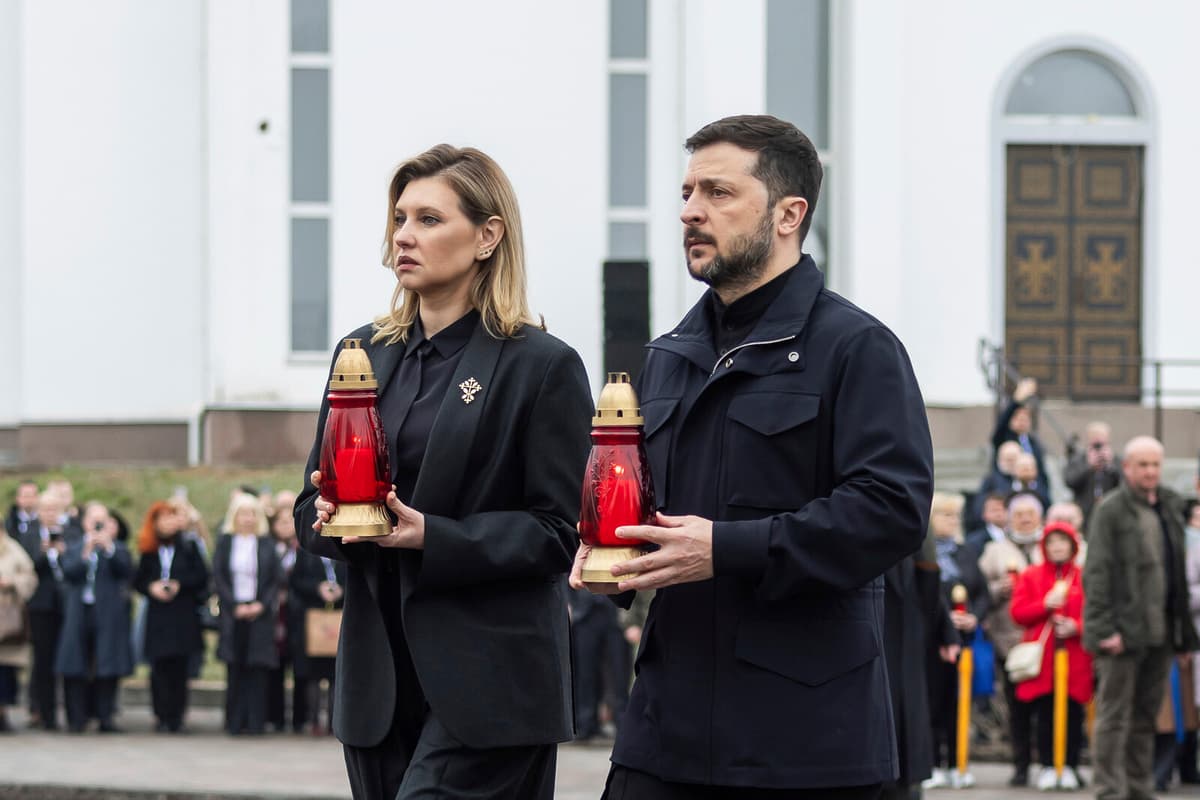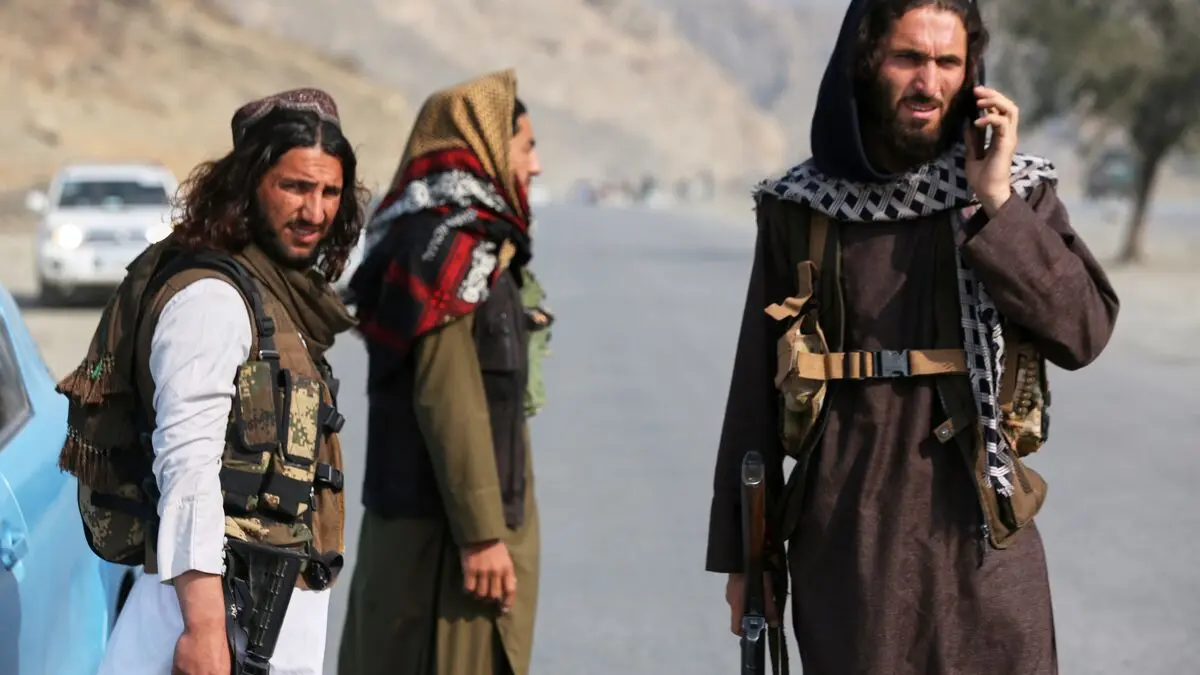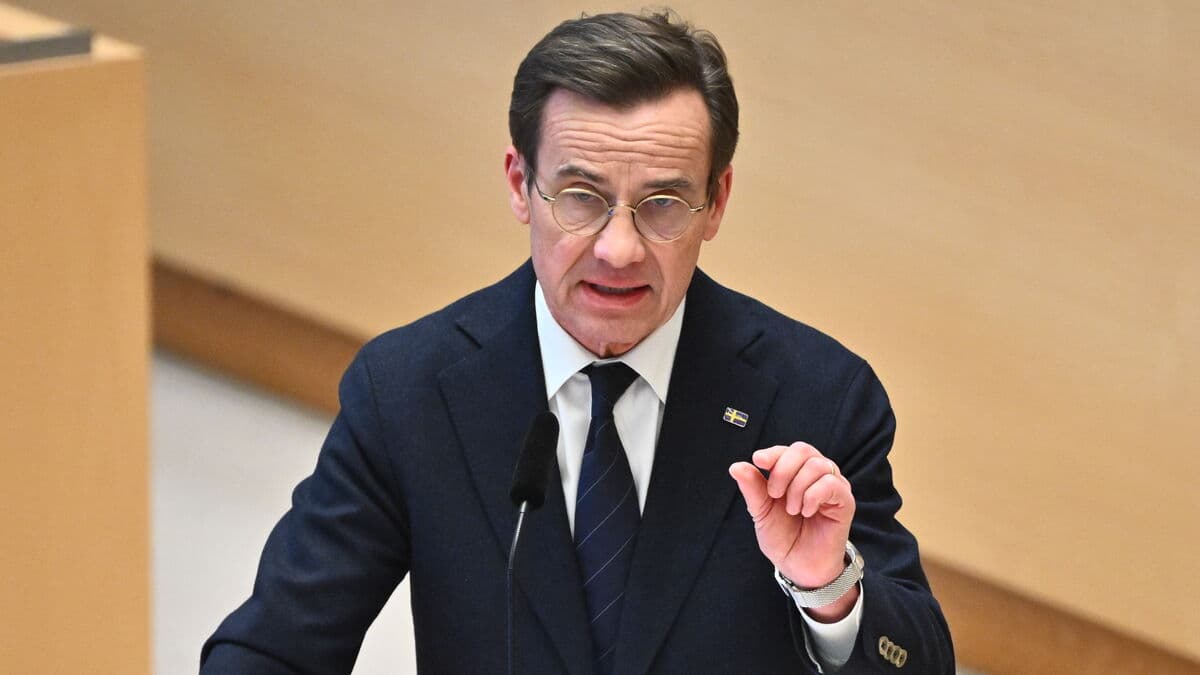On March 31, three years ago, the brutality of the full-scale Russian invasion became clear to the world. In the town of Butja, barely three miles from Kyiv, Ukrainian rescue personnel found a large number of dead bodies – many of them mutilated.
The first evidence of the Russian soldiers' ruthless deeds was a score of bodies lying along the main road when Ukrainian forces retook Butja.
Investigating War Crimes
According to Ukrainian authorities, 458 dead bodies were found, while the UN reports that between 73 and 178 residents were killed by Russian soldiers.
The massacre was accompanied by evidence and testimony of torture and summary executions.
Ukraine has so far initiated 180,000 investigations into suspected Russian war crimes, which it hopes will be handled by the International Criminal Court (ICC). Butja is one of the events.
Remember that "Butja" is not "somewhere in Ukraine"; it's something that can happen in any European country if our unity does not make us really hold Russia accountable for this war, said Zelenskyj with his wife Olena beside him.
"Guaranteed Security"
Also present at the ceremony was the Speaker of the British Parliament, Lindsay Hoyle – and hundreds of people who had lost their loved ones in the Russian massacre.
Our country needs guaranteed security, which is very important, and a sustainable, dignified peace, said Zelenskyj, emphasizing that pressure must be exerted on Moscow "so that war and oppression do not spread further".
Near the memorial site, by the graves, on Butja's streets, mourners gathered, and among them, there was no doubt about who the aggressor is.






